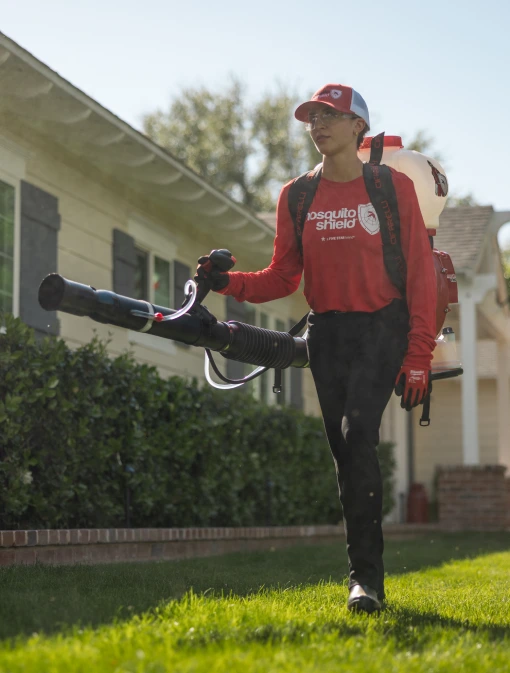Discover the hidden beauty of nighttime nature at Moth Night, held at Scotland Run Park in Clayton on Saturday, July 19, 2025, from 8:00 PM to midnight. This annual event celebrates
the diversity and elegance of local moths, many of which are just as striking as butterflies. A rain date is scheduled for Sunday, July 20 during the same hours.
Visitors will have the chance to observe a wide variety of moth species up close and learn techniques for attracting and identifying moths at home. Educational stations and experienced naturalists will be on hand to guide guests through the experience, offering a rare glimpse into the fascinating world of nocturnal insects.
This free event is family-friendly and ideal for nature lovers of all ages. While admission is free, registration is required to attend.
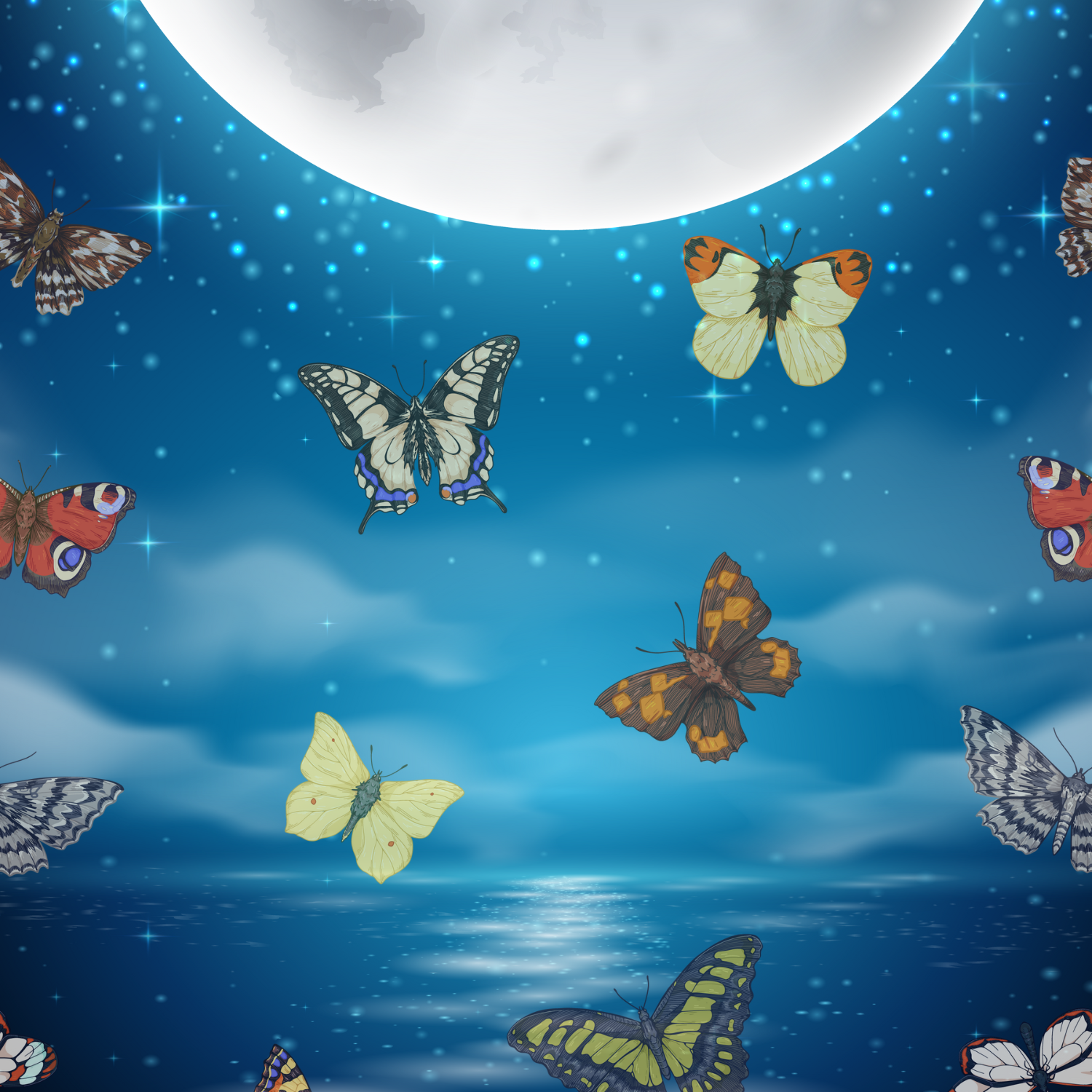
Experience relaxation and peace in your Washington Township backyard with our proven mosquito control solution. Trusted by families in Washington Township, our innovative approach not only repels mosquitoes but also establishes a durable barrier customized to your outdoor environment. Mosquito Shield of Southern New Jersey is dedicated to creating mosquito-free zones, so you can enjoy your outdoor spaces without interruption.
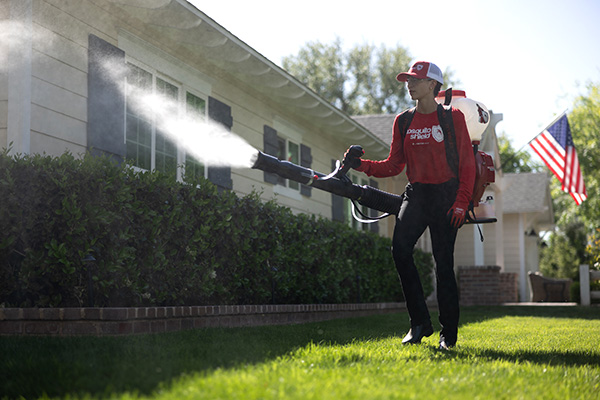
Effective mosquito control in Washington Township, NJ, that drives mosquitoes away and keeps them out of your yard.

Enjoy mosquito-free outdoor time in Washington Township with treatments designed to provide lasting results.
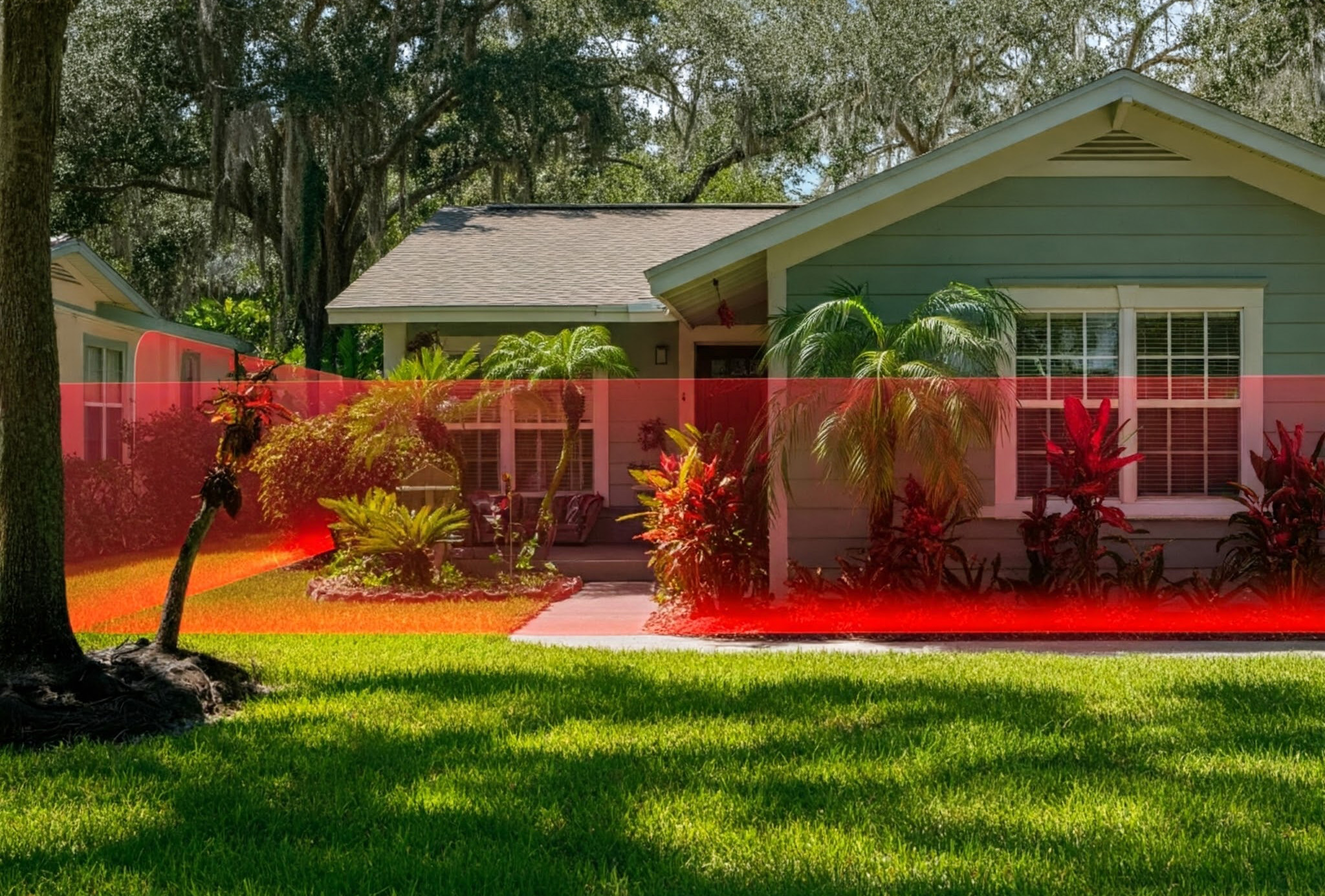
Highly rated mosquito control services in Washington Township, trusted by residents to enhance outdoor living.
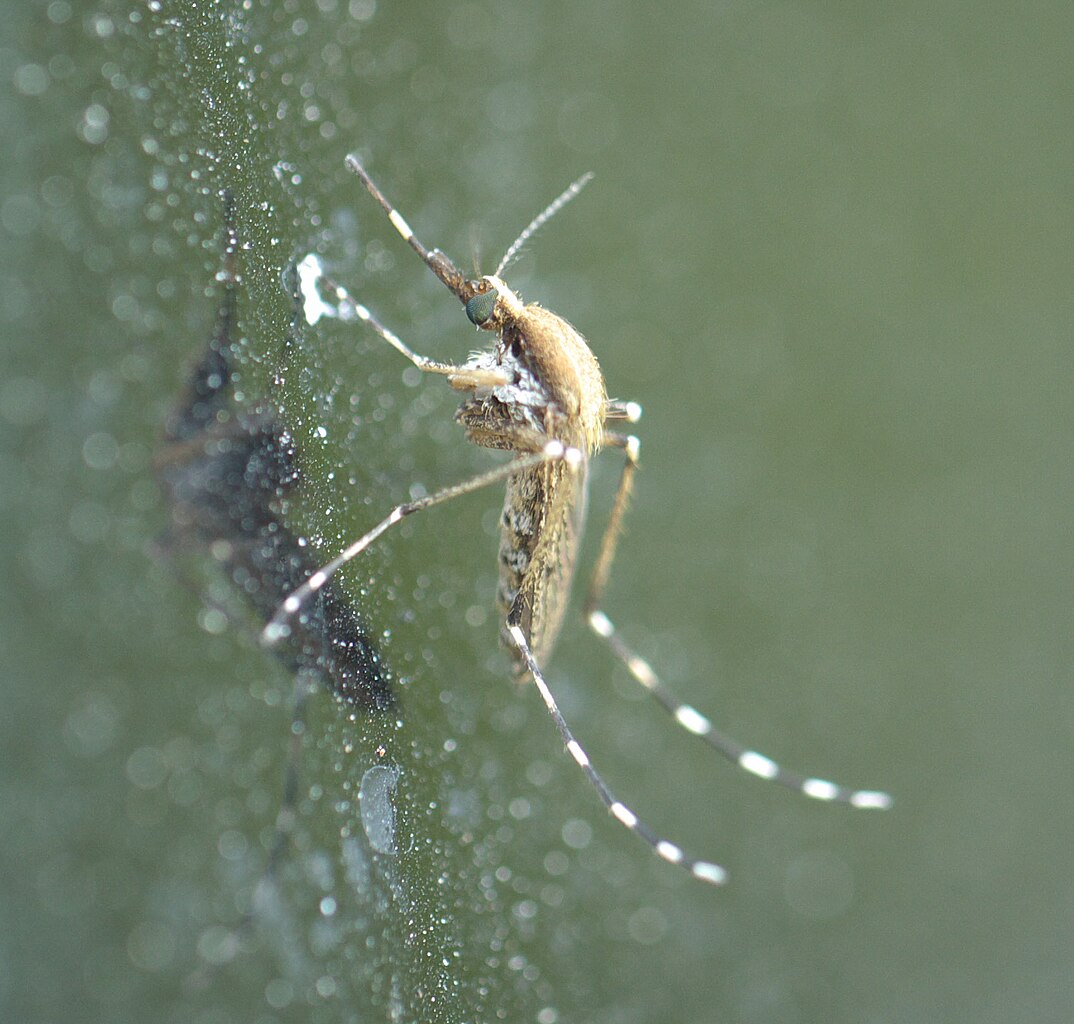
Identification: Medium-sized mosquito with dark scales and distinctive white banding on the legs.
Habitat: Found along coastal marshes, salt flats, and brackish wetlands—especially near the Jersey Shore.
Behavior: Very aggressive biter, active during dawn and dusk. Can travel up to 20 miles inland in search of hosts.
Health Risks: While not a major disease vector, its abundance and range make it a significant nuisance and contributor to regional biting pressure.
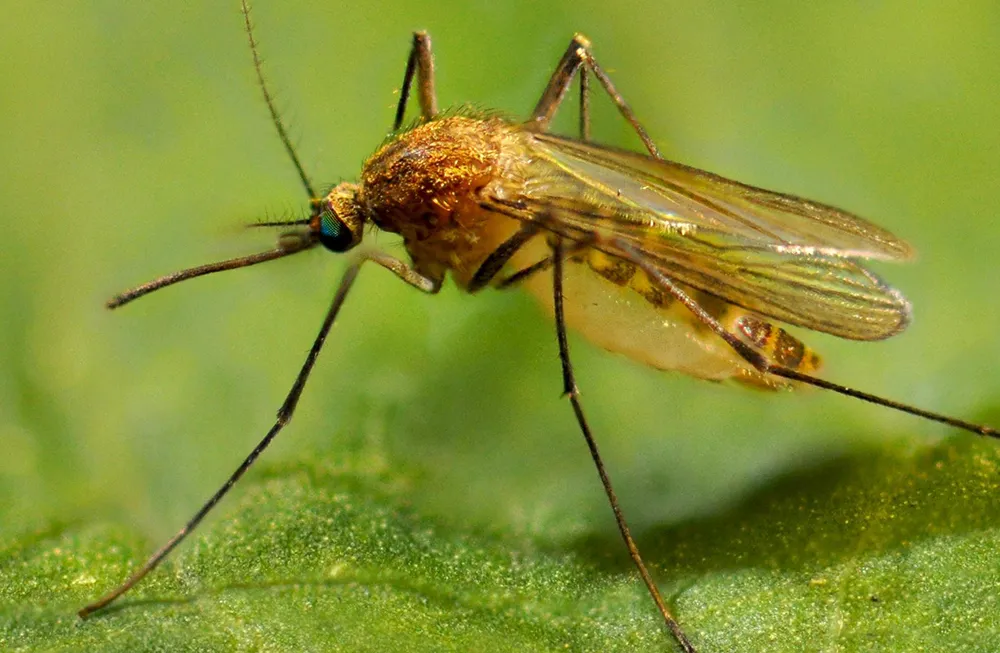
Identification: Small brown mosquito with a rounded abdomen and pale banding on its legs.
Habitat: Prefers polluted, stagnant water such as storm drains, old containers, and rain barrels—especially in urban and suburban areas.
Behavior: Nighttime biter; often enters homes and bites while people sleep.
Health Risks: Primary vector for West Nile virus in New Jersey. Also known to carry St. Louis encephalitis and other arboviruses.
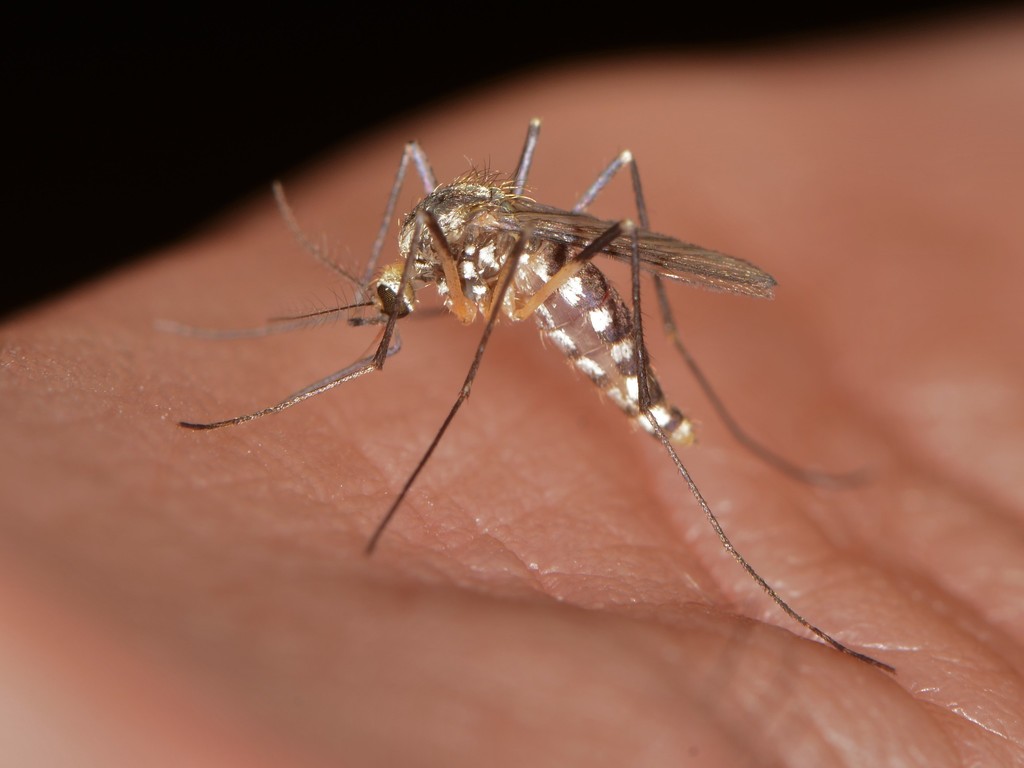
Identification: Dark mosquito with a silver-scaled thorax and narrow body.
Aedes triseriatus (Eastern Tree Hole Mosquito)
Habitat: Breeds in natural containers like tree holes and artificial ones like tires and buckets in shaded woodlands and backyards.
Behavior: Active during the day; females are aggressive and target mammals, including humans.
Health Risks: Primary vector of La Crosse encephalitis, which can be especially dangerous for children.
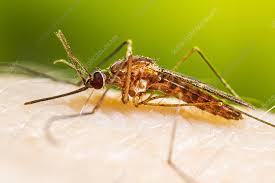
Identification: Brown mosquito with four dark spots on each wing and a distinctive resting posture (body angled away from surface).
Habitat: Clean, slow-moving freshwater sources like ponds, lakes, and forested wetlands.
Behavior: Bites at dusk and dawn; rests indoors or in cool, damp areas.
Health Risks: Historically a malaria vector, though not a current threat in New Jersey. Still contributes to nuisance biting in rural and semi-rural areas.
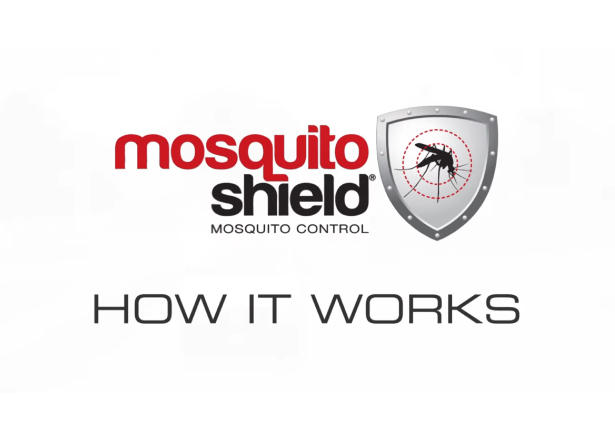
Washington Township, New Jersey, is a picturesque municipality located in Gloucester County. Known for its blend of suburban charm and natural beauty, the township boasts numerous parks, trails, and residential neighborhoods. However, the area’s humid summers and abundant green spaces can create favorable conditions for mosquitoes and ticks, necessitating proactive pest management strategies.
Residents of Washington Township may face seasonal threats from mosquito-borne illnesses such as West Nile Virus and Eastern Equine Encephalitis, as well as tick-borne diseases like Lyme disease and Anaplasmosis. Managing mosquito and tick activity is essential to protect both residents and pets.
To mitigate these risks, local authorities and residents are encouraged to:
Eliminate standing water in birdbaths, gutters, and containers to disrupt mosquito breeding grounds.
Wear insect repellent and protective clothing when spending time outdoors, especially during dawn and dusk.
Utilize professional mosquito and tick control services to treat residential properties and communal areas.
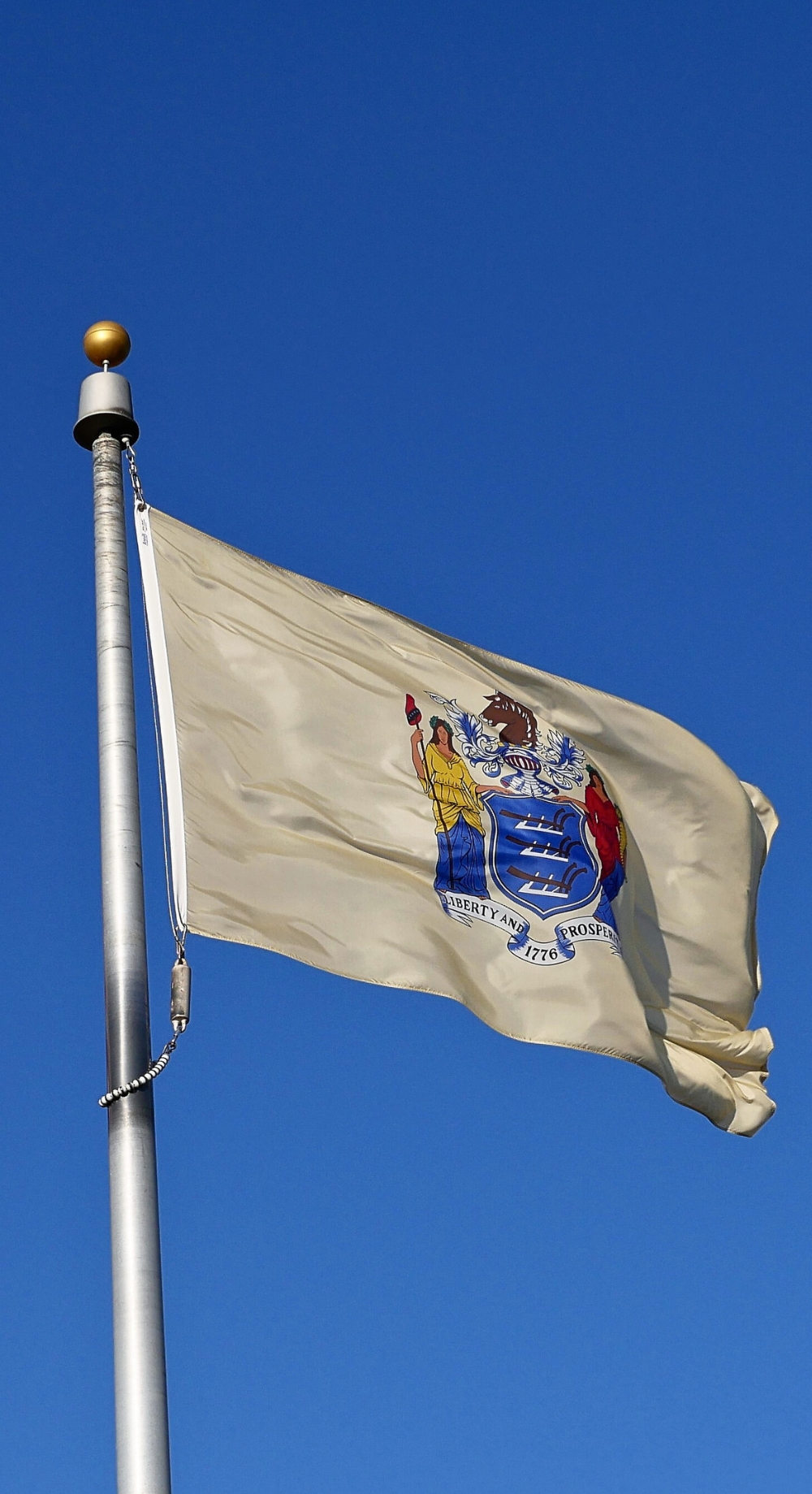
Washington Township experiences warm, humid summers and cold winters, with mosquito and tick activity typically increasing in late spring and continuing through early fall. Rainfall and irrigation can lead to standing water, providing breeding grounds for mosquitoes, while ticks are most active in spring and autumn, particularly in wooded and grassy areas.
Mosquitoes and Proximity to Water Features: Lakes, ponds, and wetlands in and around Washington Township contribute to higher mosquito populations during warmer months.
Ticks and Dense Vegetation: Forested trails, overgrown yards, and shaded areas offer ideal habitats for ticks during their peak seasons.

